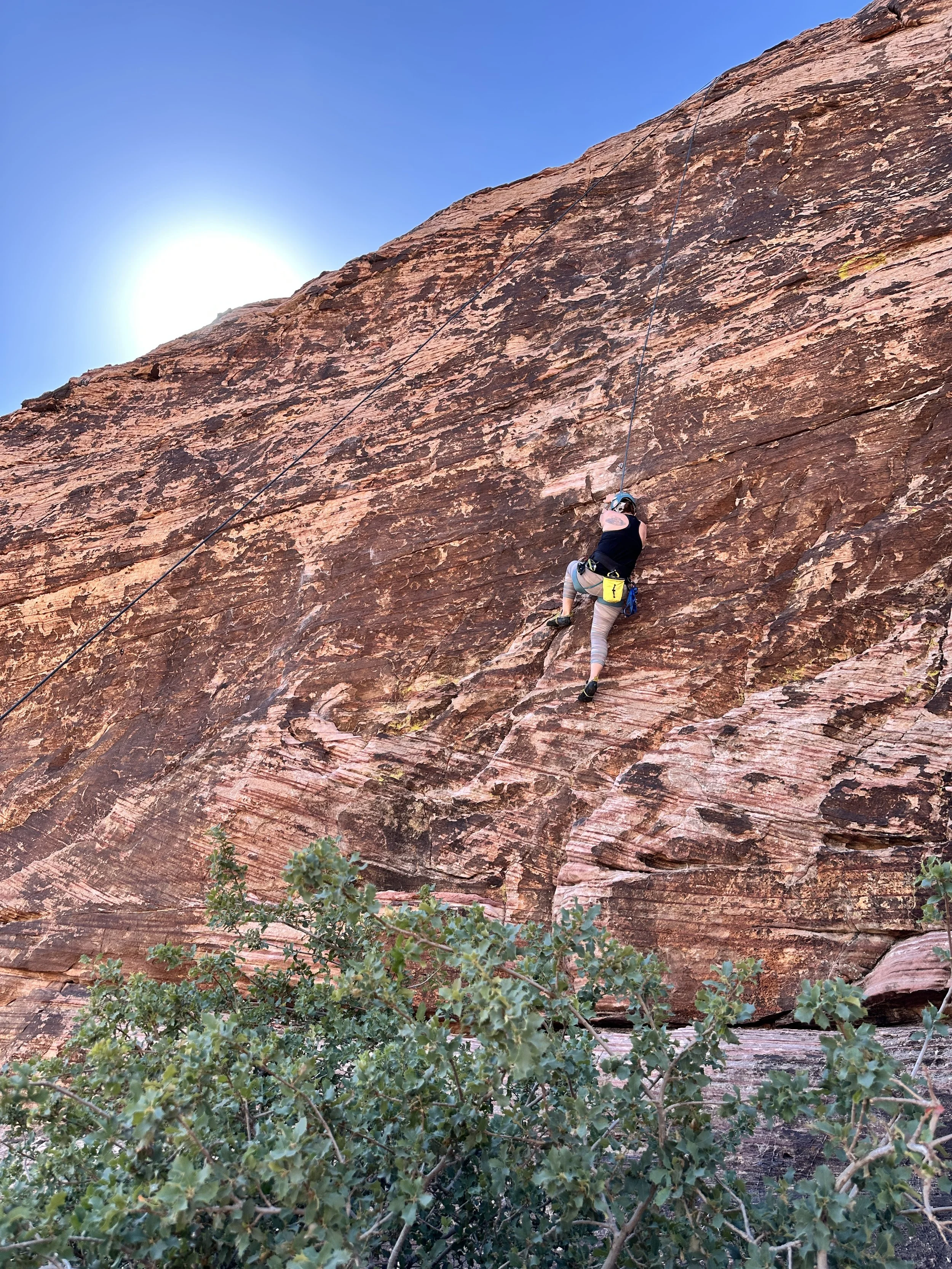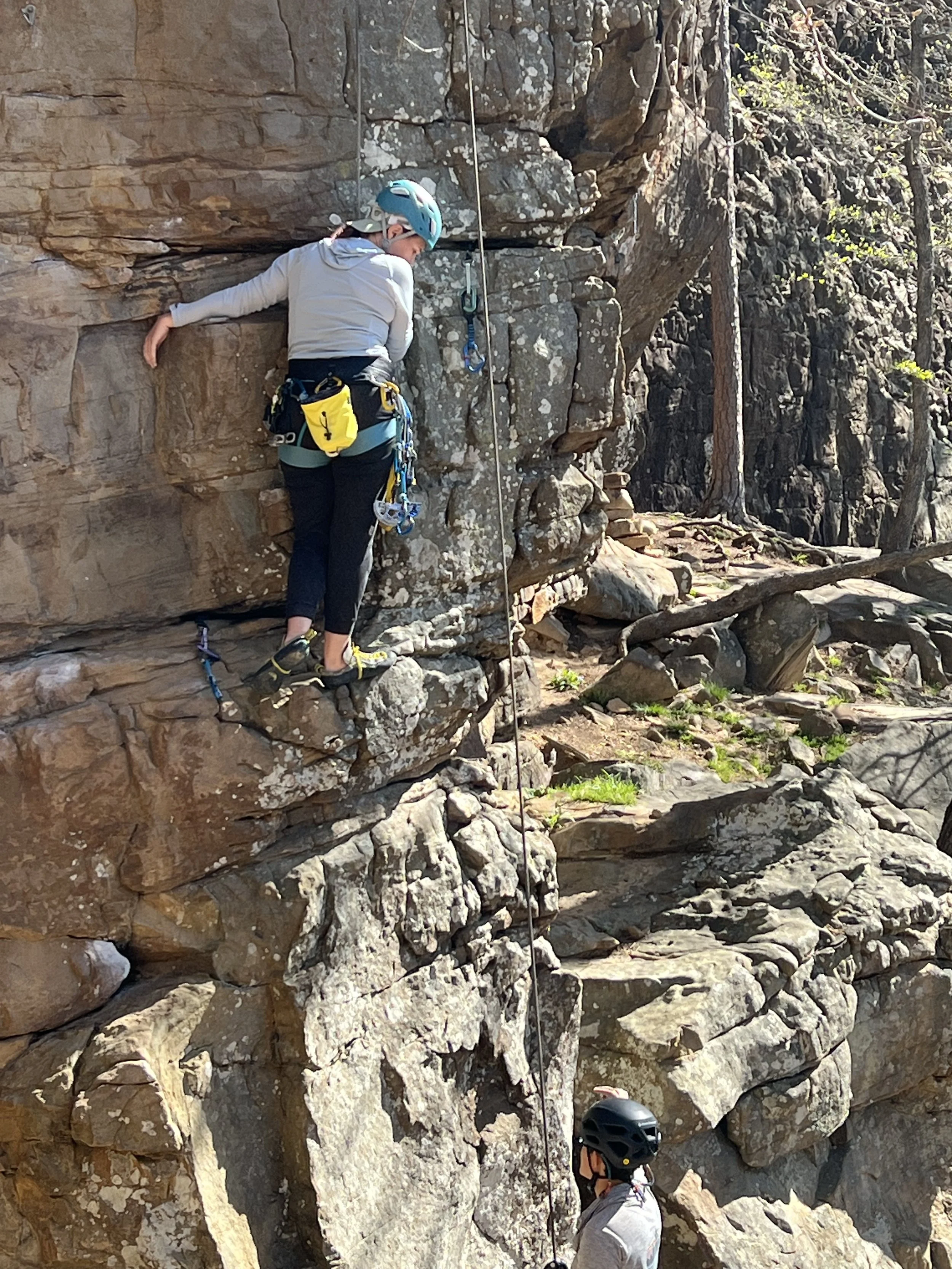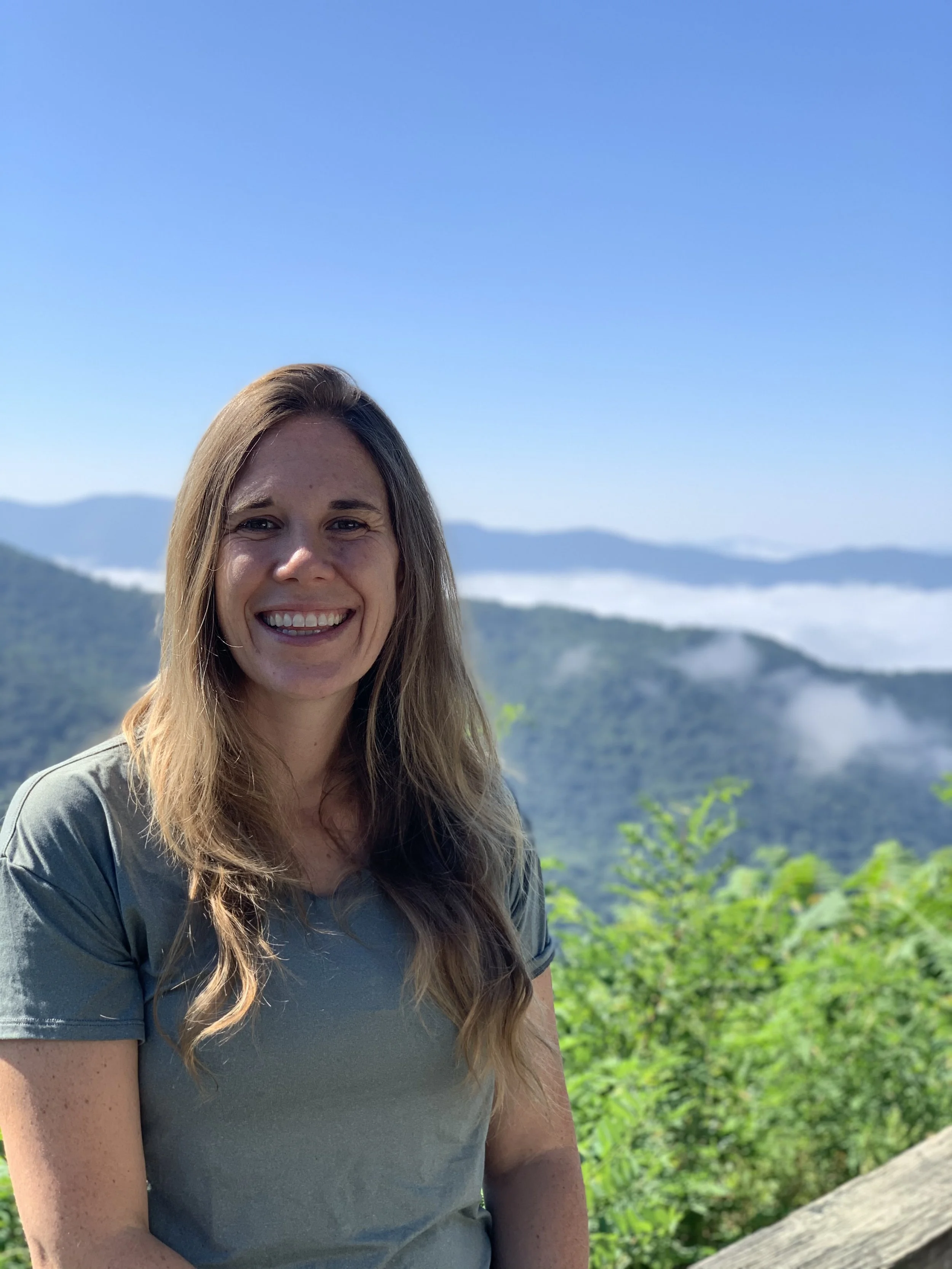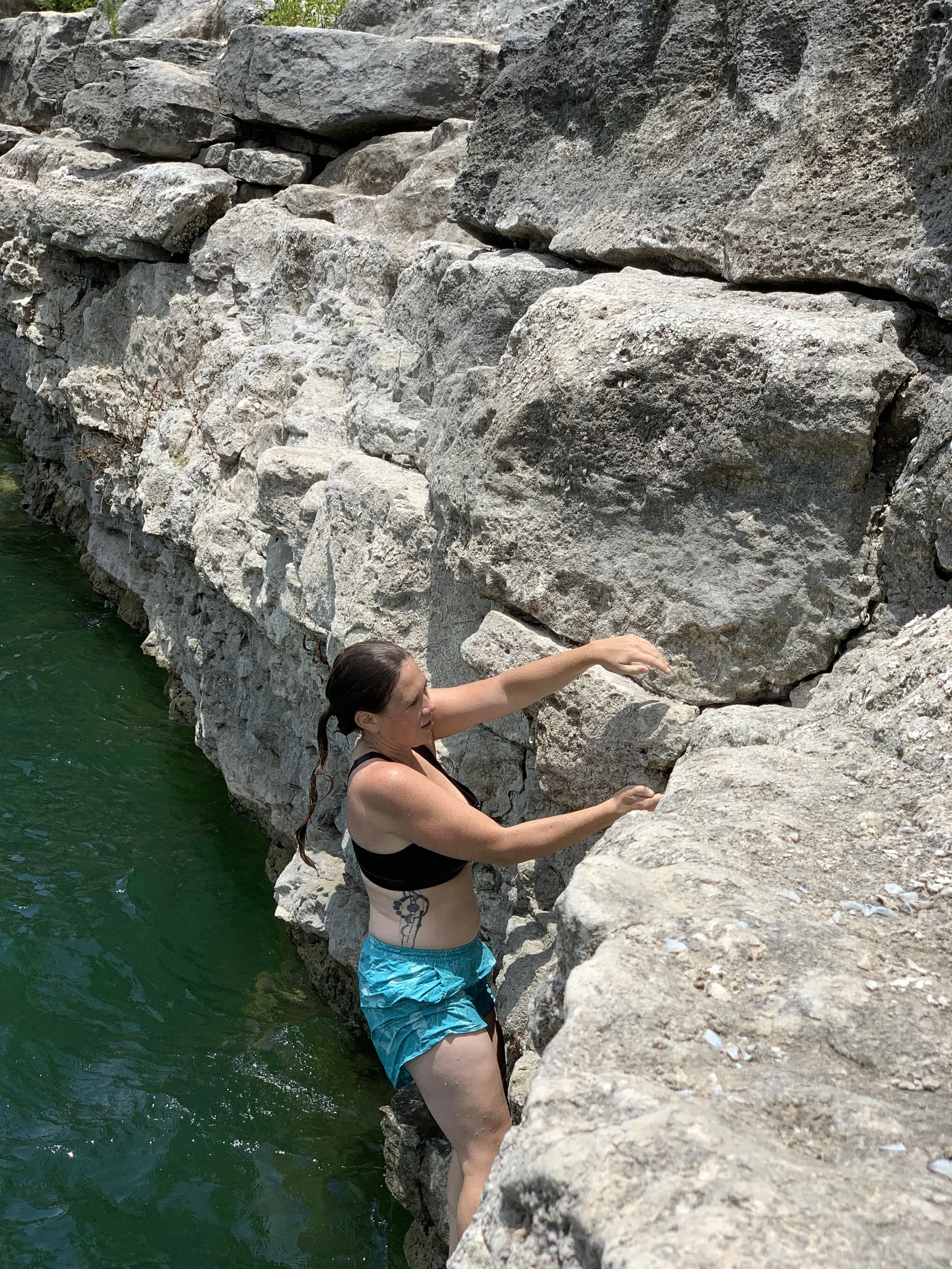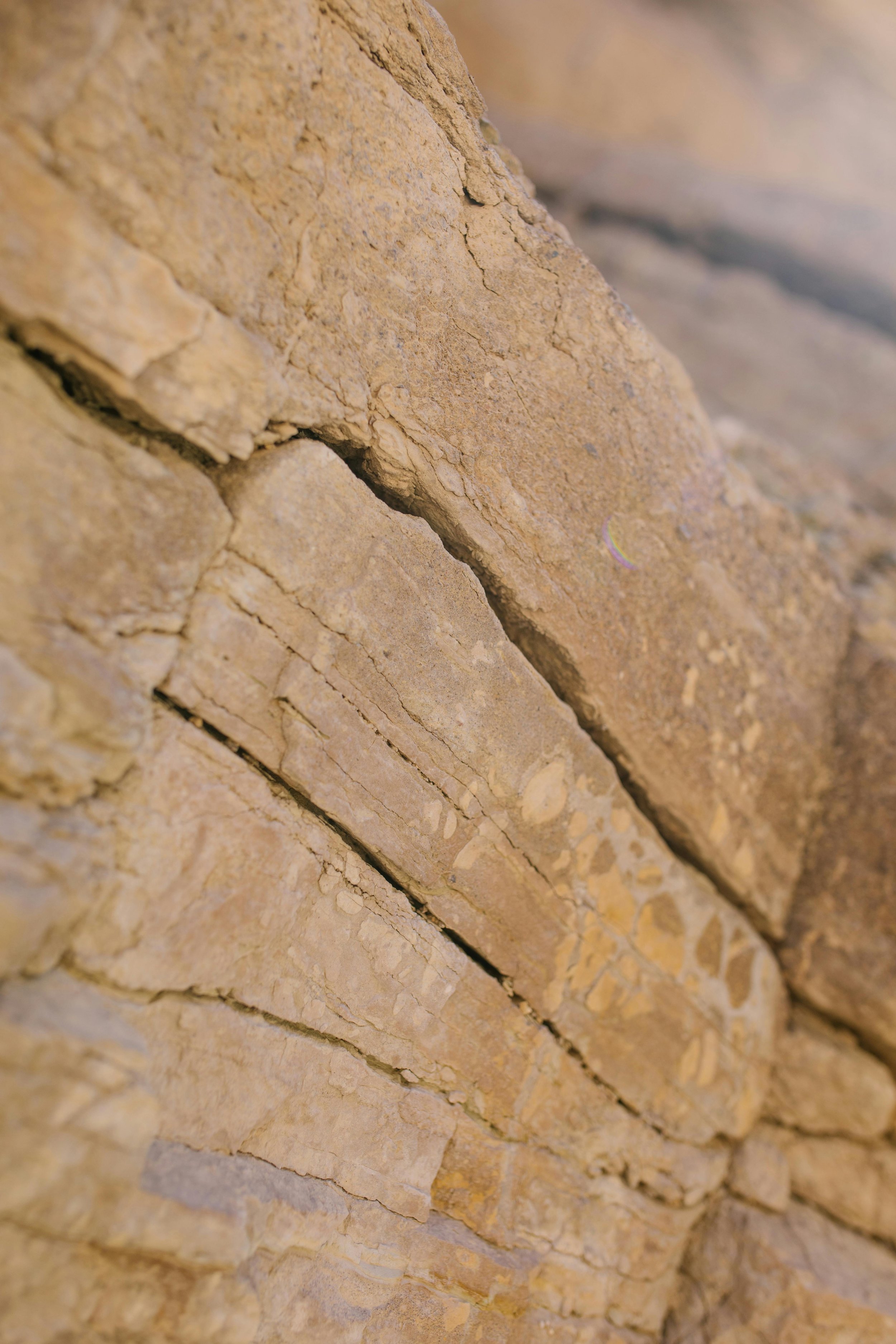
CLIMBING THERAPY SERVICES
What is climbing therapy?
Therapies based in our bodies, movement, nature, and active adventure are rapidly expanding, increasingly proving effective, and especially well-suited to today’s fast-paced and office-based world. Climbing therapy is now backed by research supporting its effectiveness in helping people lessen their mental health struggles and improve their well-being. Climbing therapy can happen on boulders or on ropes, in gyms or outdoors, and includes integrating individual or group therapy interventions with climbing experiences to process our emotions and thought patterns.
Who can benefit?
Anyone who’s interested can benefit from climbing therapy! Research shows climbing therapy can be especially effective for people with:
Difficulty managing emotions: trouble with emotional regulation, impulsivity, and anger
Poor self-esteem: low self-confidence, negative self-talk, and feelings of inadequacy
Trouble with focus: difficulty concentrating, staying present, and managing distractions
Relationship issues including: challenges around communication, trust, and social anxiety
Diagnoses involving: depression, anxiety, trauma, attention, and addiction
Interest in something beyond talk therapy: for a lot of clients, deeper work can happen during movement than while sitting across from each other in an office
Desire to grow their mind-body connection: through the integration of movement and therapy
Individual Climbing Therapy
Dr. Kate provides personalized climbing therapy sessions for teens and adults seeking to overcome challenges, build resilience, and cultivate a balanced and fulfilling life. Whether you're navigating specific mental health concerns, working through limiting beliefs, or simply seeking personal growth, climbing therapy offers a unique blend of movement and exploration to enhance your mental, emotional, social, and physical well-being.
What to expect in a climbing therapy session
Each session is personalized to your needs and our goal for the day.
A typical two-hour session starts with setting a focus and intention for our time, followed by about an hour of climbing interventions and about an hour of therapeutic processing. Some people prefer a full hour of therapy after climbing, while others prefer to go between climbing and therapeutic talking throughout our time together.
Time and cost
The cost of individual climbing therapy is $200/hour, prorated to the amount of time we meet. A typical two-hour session costs $400.
I am considered an out of network provider by most insurance companies. I can provide a superbill with the a CPT code for active and individual therapy services, which you can submit to your insurance company for possible reimbursement.
It is important to us to serve our community, not only people who can pay our full fee, so we reserve spaces for people who need therapy at a reduced or pro bono rate. Inquire if you need our services at a reduced rate.
Climbing Therapy Groups
We offer a variety of climbing therapy groups, including targeted groups for people with trauma, depression, or addiction, as well as empowering groups for teen girls navigating unique stressors, young adults facing major life transitions, or adults stuck in ruts or patterns that aren’t serving them. Each group is crafted to foster connection, build resilience, and provide a safe and supportive space for healing and growth. By integrating movement, therapeutic exploration, and shared experiences, our groups offer a path to transforming your physical, mental, social, and emotional well-being.
Schedule for a typical 3-hour climbing therapy group:
15 min: warm-up and discuss our theme and intentions for the day
75 min: climbing activities connected to our theme
20 min: break and journal
60 min: group therapy processing our experiences climbing and in life
10 min: closing meditation/relaxation exercises
Time and cost
Most climbing therapy groups will meet on Wednesdays or Sundays.
The cost of each 3-hour group climbing therapy session is $175.
It is important to us to serve our community, not only people who can pay our full fee, so we reserve spaces for people who need therapy at a reduced or pro bono rate. Inquire if you need our services at a reduced rate.
We are currently a private pay model, and I am considered an out of network provider by most insurance companies. I can provide a superbill with the a CPT code for active and group therapy services, which you can submit to your insurance company for possible reimbursement.
Groups on the horizon
We are currently designing and recruiting for our 2024 fall and winter climbing therapy groups.
Based on interest and availability, we hope to offer groups like:
Teenage girls struggling with anxiety, depression, trauma, or low self-esteem
Young adults struggling with identity, relationships, or life transitions
Adult women and non-binary group
Neurodivergent teens and young adults
Adults in addiction recovery
Reach out to let us know what groups you’re interested in or would like to see us offer other types of groups.
Reach out to see if we’re a good fit!
Reach out at my contact below to ask any questions or schedule a 20-minute phone or video call to talk about your needs and our services. This initial contact helps me understand what’s going on for you (or your kid) and helps you figure out if our services are good fit for you /your family.
Is there any evidence climbing therapy works?
Yes! Climbing therapy is relatively new, and one of the rapidly developing areas of active and nature-based therapy spaces. We have a handful of peer-reviewed studies supporting the effectiveness of climbing integrated with [individual or group] therapy. For example, an Austrian study found that bouldering and group therapy was as effective as CBT, and more effective than exercise alone, for treating depression. Below we’ve linked some studies and articles showing the value of climbing therapy.
Research studies on climbing therapy:
Kate Thomas Ph.D.
Licensed Psychologist (TX# 38935)
ABOUT DR. KATE
I’m Dr. Kate, a therapist who believes in the transformative power of mindful movement to help people heal, grow, and reach new heights. For years, climbing and therapy were separate parts of my life. Climbing was a way to connect with my body and find flow after a day in the office and to let go of the thoughts and feelings I was still holding onto. As I connected more with our climbing community, I witnessed in myself and others how climbing can have a profound impact on our lives by transforming how we relate to ourselves, shifting stuck narratives, building resilience, and creating community.
My approach to therapy is rooted in extensive training and a broad understanding of the relationships between our thoughts, feelings, behaviors, desires, and unconscious motivations. I particularly draw from evidence-based practices including Emotion-Focused Therapy (EFT), Internal Family Systems (IFS), Accelerated Experiential Dynamic Psychotherapy (AEDP), and Cognitive Behavioral Therapy (CBT), and expertise in personality and Therapeutic Assessment.
I value collaboration and open communication throughout our therapeutic journey. In each session, we'll explore what's working well and what might need adjustment to ensure you're getting what works for you in our time together. Feel free to say hi if you see me at the wall!
Training:
Ph.D. in Clinical Psychology, Michigan State University
Postdoctoral Fellowship, Austin Center for Therapeutic Assessment
First Aid Certified by the Red Cross
Climbing therapy workshop through Wild Wonderful Life

